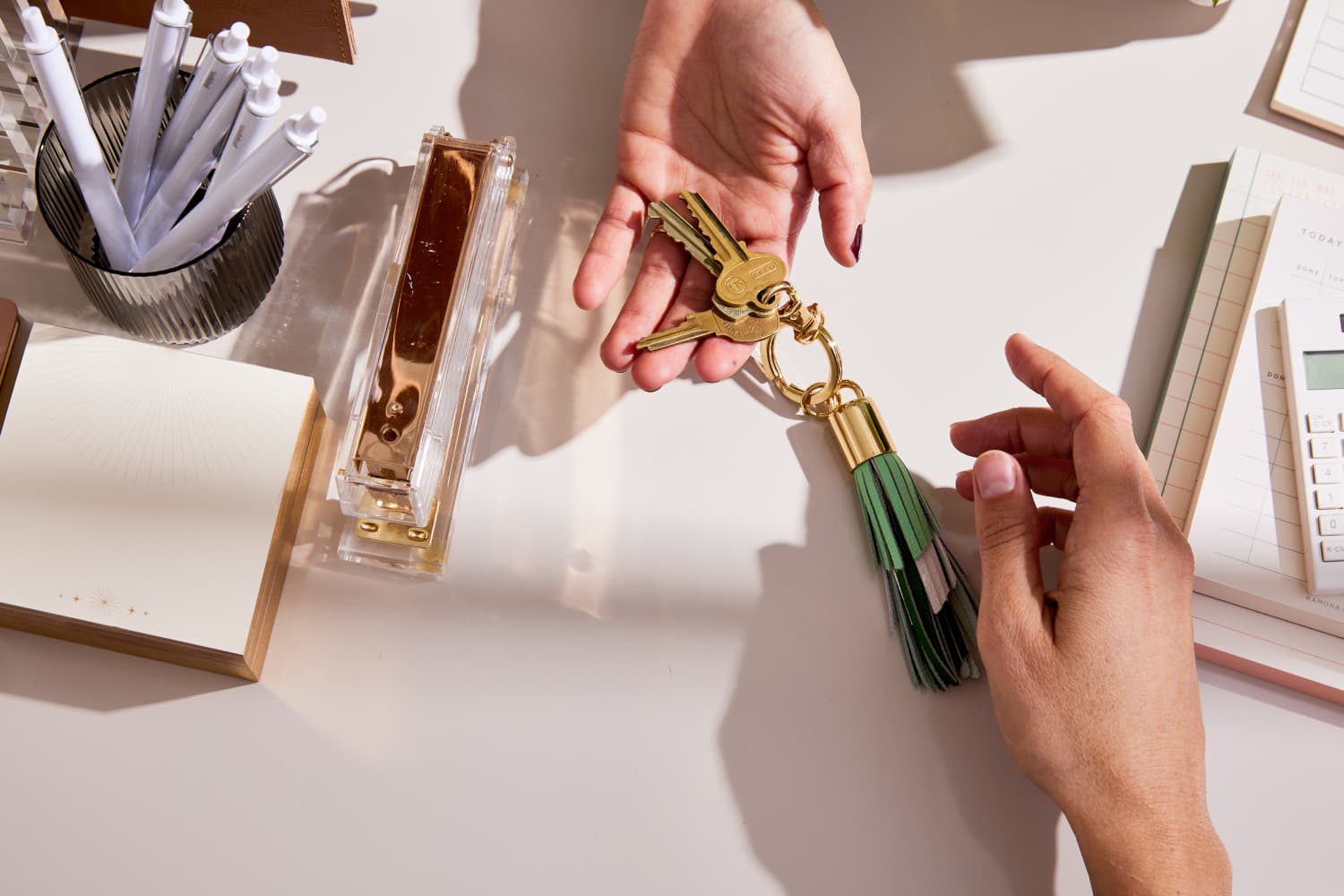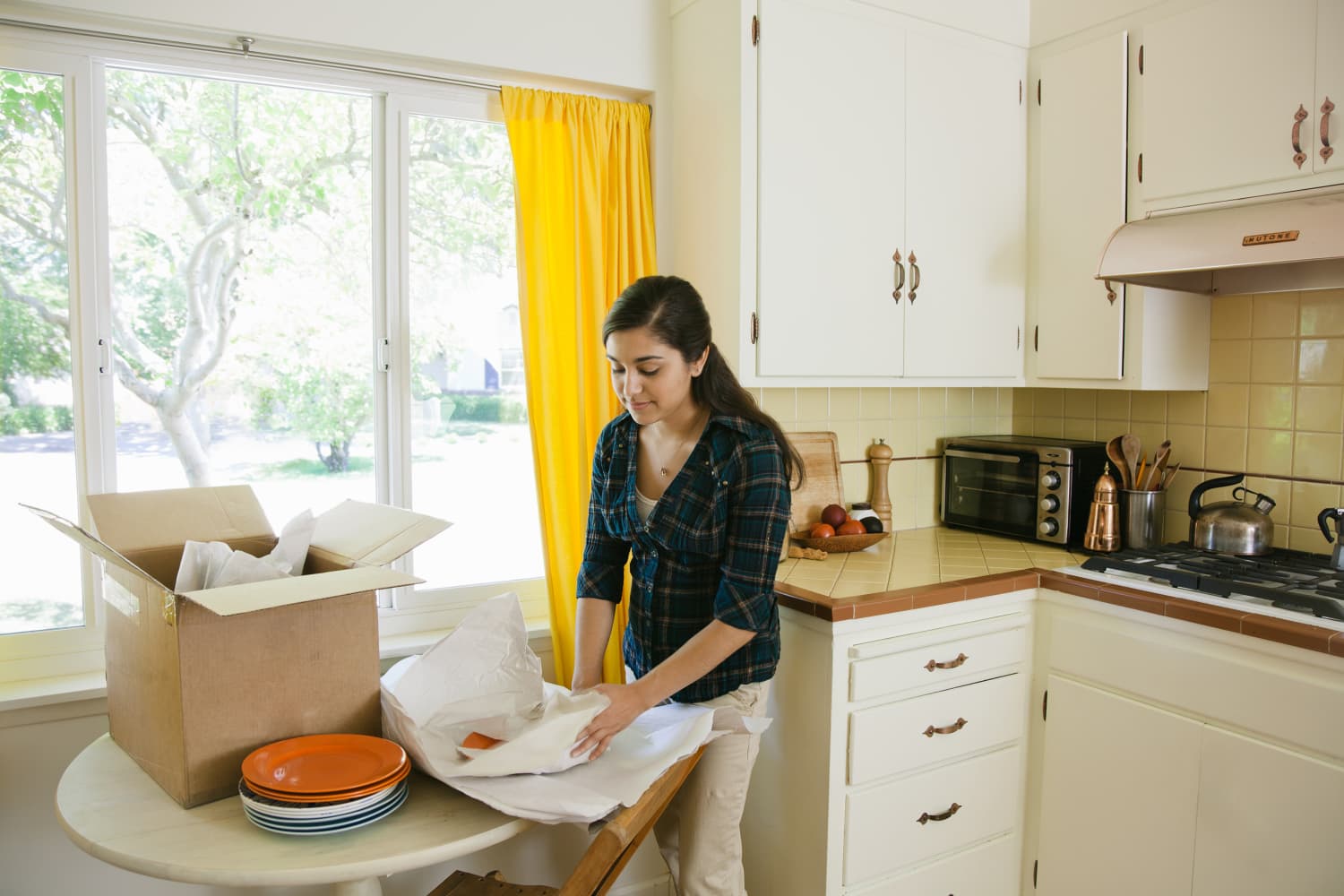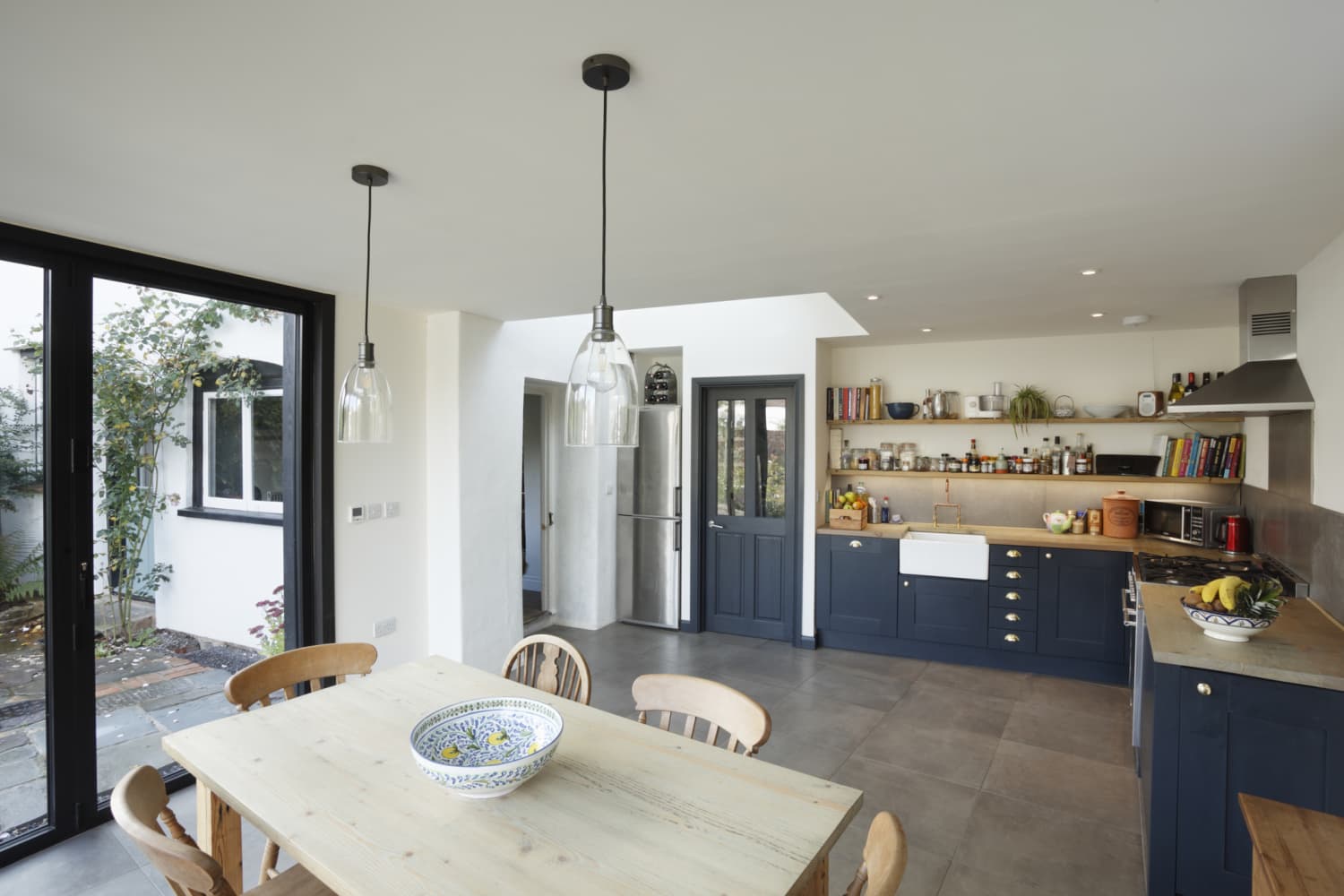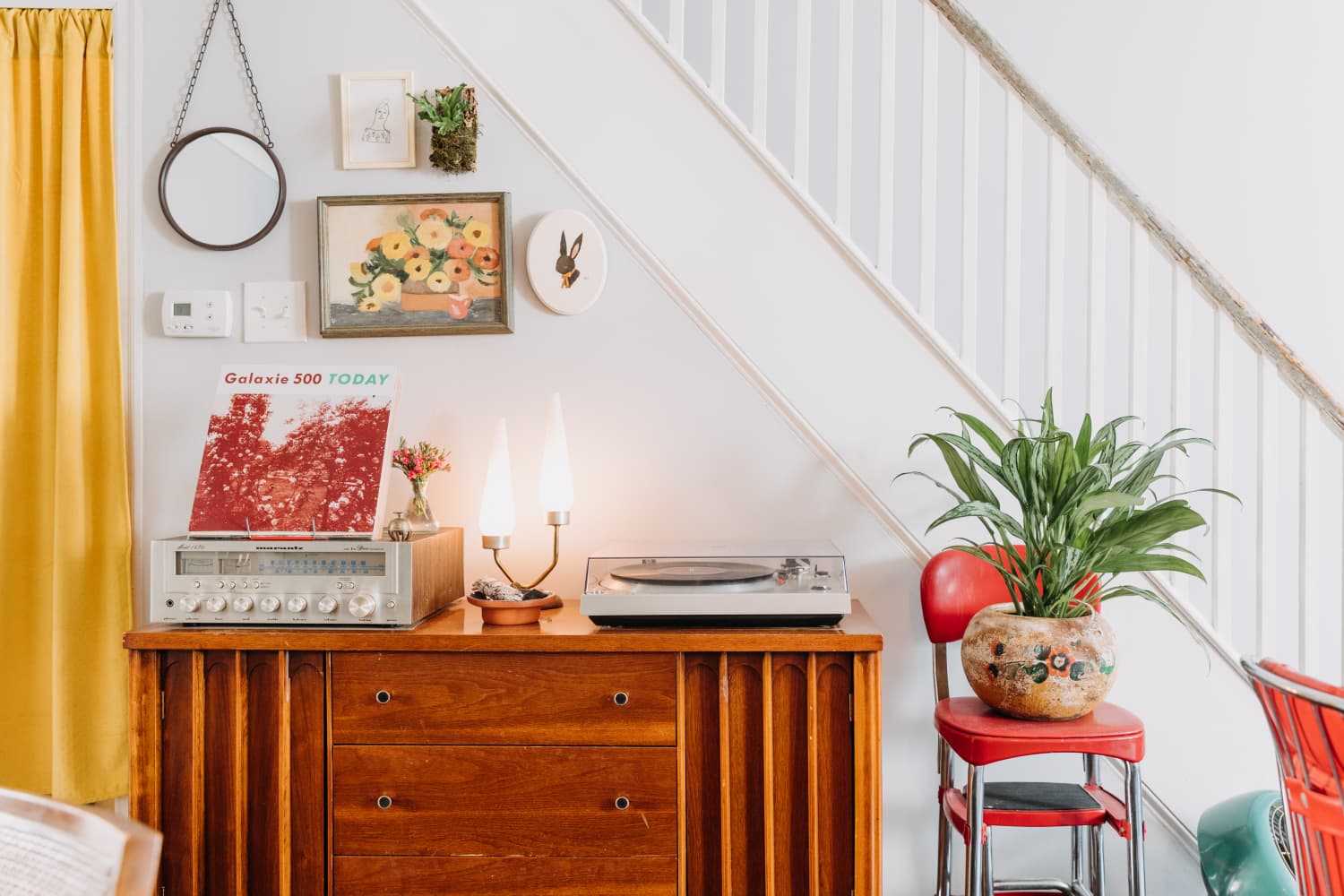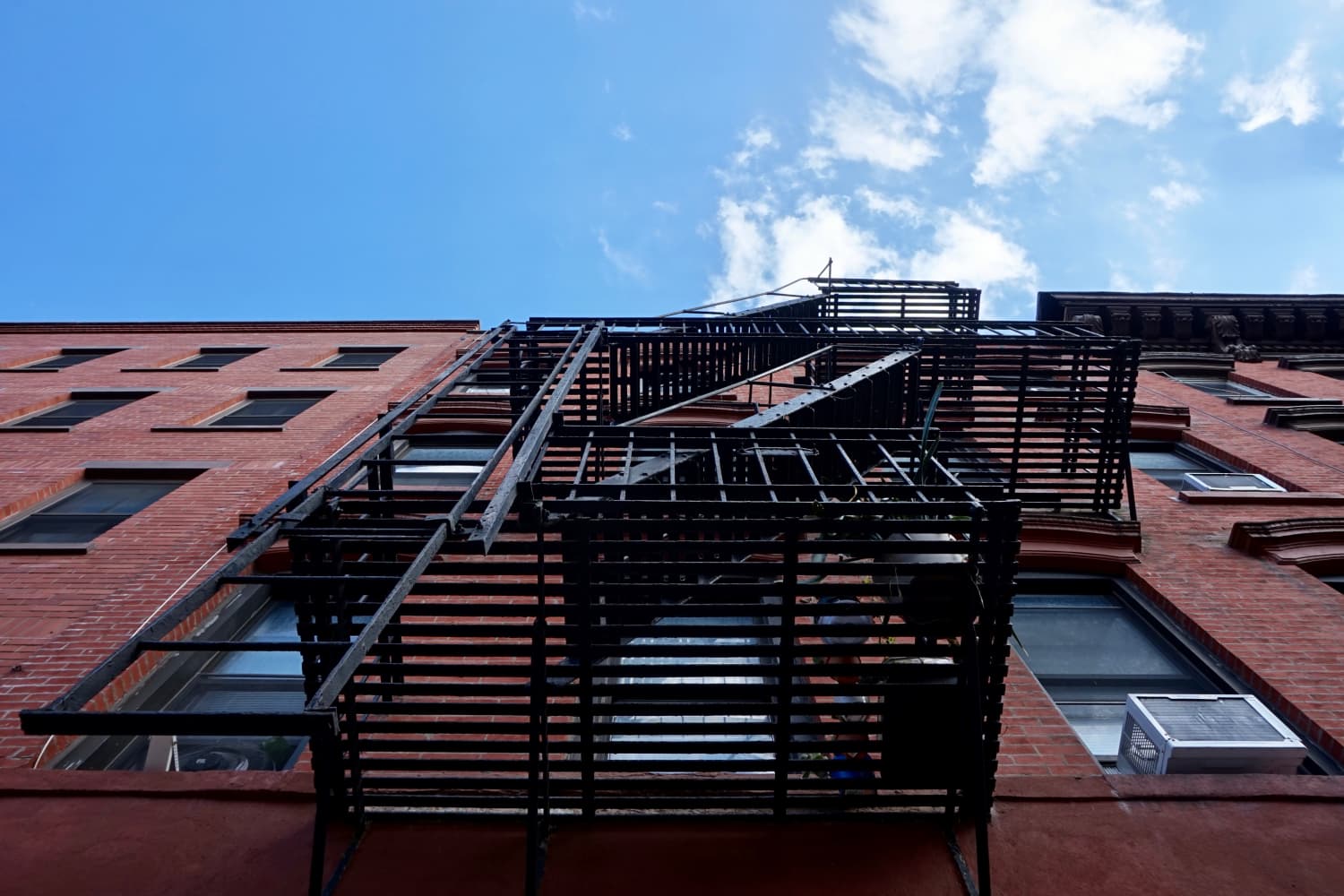Moving Container vs. Rental Truck: What’s Better for Moving?
We independently select these products—if you buy from one of our links, we may earn a commission. All prices were accurate at the time of publishing. Moving is stressful. Even if you’re the most organized person who starts packing super early, there are just So. Many. Decisions to be made regarding how you’re going to … Read more
